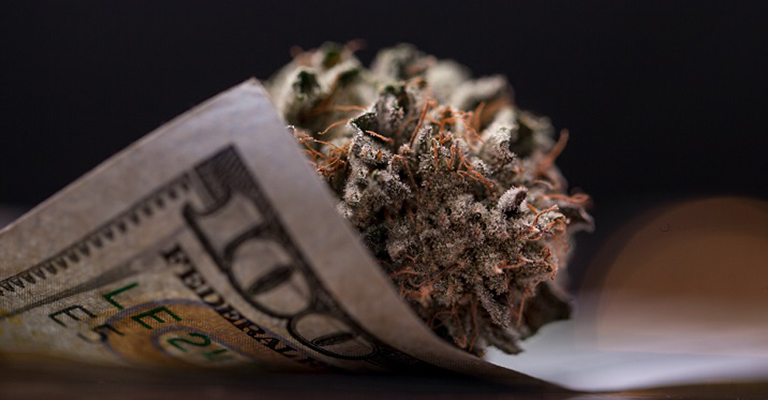News
California Proposes Tax Cut for Legal Marijuana to Compete With Thriving Black Market

Who would have thought that legal cannabis sales would actually stagnate after prohibitionist laws banning recreational use for adults were dropped?
Well in California, that proved to be the case.
Retailers have faced stiff competition from the black and grey markets, where dope slangers continue to thrive despite legalization, while legal dispensaries and marijuana retailer have struggled through a web of federal, state, and local laws, as well as exorbitant taxes from a state government that hoped to use the legal cannabis market as a healthy source of tax revenue.
This is driving lawmakers to consider granting a temporary tax break to legal retailers of cannabis products in order to give them a leg-up on the still-flourishing unregulated marijuana trade.
Assembly Bill 286, or the Temporary Cannabis Tax Reduction bill, would slash the excise tax on cannabis from 15 percent to 11 percent while eliminating cultivation taxes altogether, which currently stand at $9.25 per ounce for buds and $2.75 per ounce for leaves. The taxes wouldn’t return to current levels until June 1, 2022.
Assembly member Rob Bonta (D-Alameda) and three other legislators are sponsoring the bill, which they see as a temporary measure that would alleviate the state’s woefully low tax haul from the cannabis market. Bonta estimates that the effective tax rate on legal cannabis can sometimes be as high as 45 percent.
“AB 286 is an important step to ensure that we protect legitimate taxpaying businesses and stop the illegal black market in California,” Bonta said Monday at press conference introducing the legislation, adding that the measure is needed to ensure that those businesses complying with California’s regulations aren’t further undercut by the black market, according to CNBC.
The problem is exacerbated by the fact that those who do choose to go the legal route to score some smoke, CBD oil, vaporizers or edibles, are often forced to travel out of the way to get around local city councils and county boards of supervisors who refuse to allow legal cannabis businesses to acquire licenses.
State Treasurer Fiona Ma supports the proposed new law, especially given that tax revenues from the industry amounted to $101 million below projections in the first half of 2018 alone. The state treasurer noted:
“We don’t tax start-up businesses [from other industries] when they start … We need to do better.”
Last fall, industry analyst Tom Adams of BDS Analytics told the New York Times that legal marijuana retails for about 77 percent more than it does in the unlicensed market. The analyst said:
“As long as there is onerous regulation and taxation imposed on the legal market, you can forget about getting rid of the illicit market.”
Typos, corrections and/or news tips? Email us at Contact@TheMindUnleashed.com
